Sierra Leone Poised for Liberation from “Bigfut” [A Photo Essay]

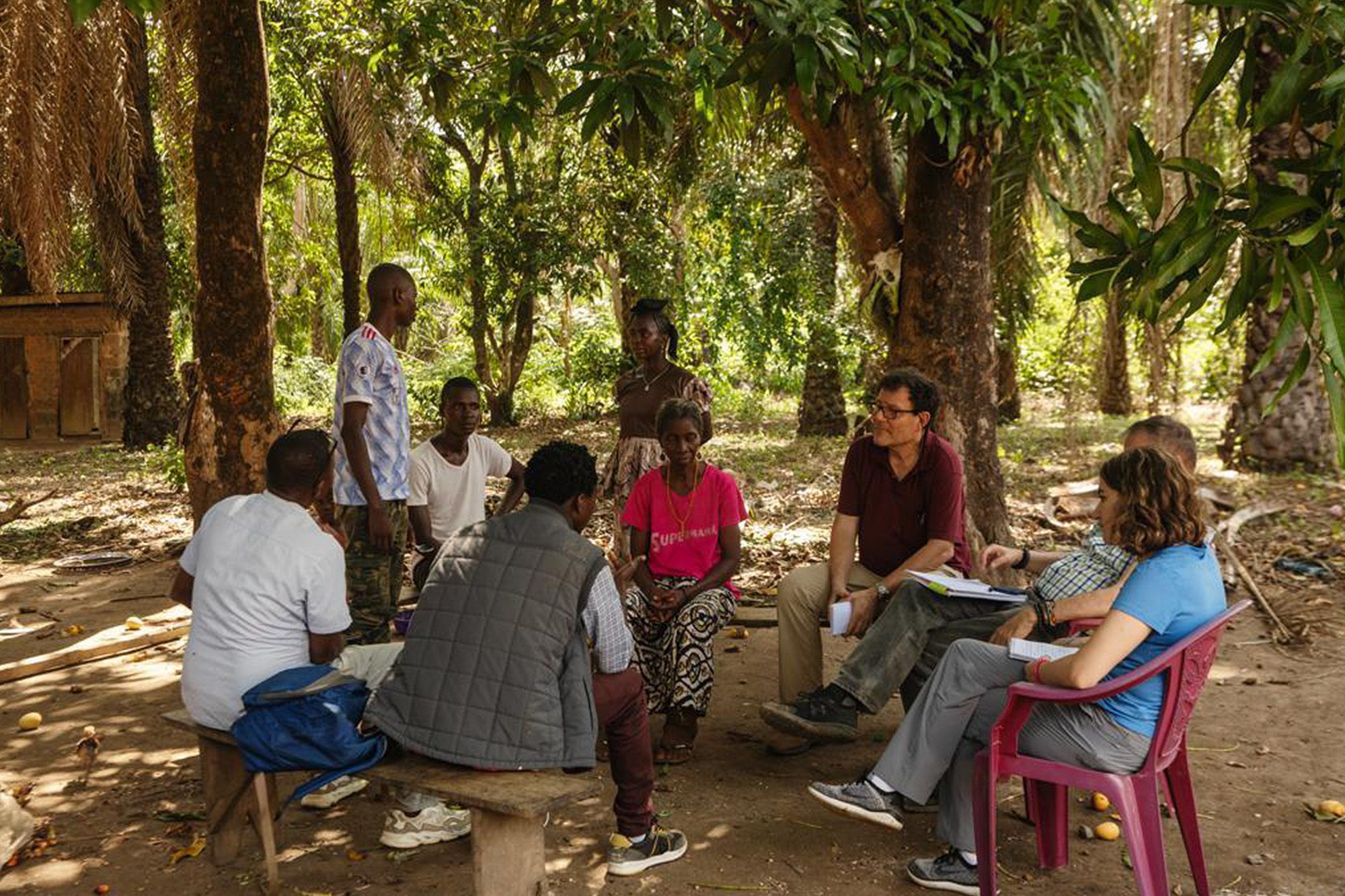
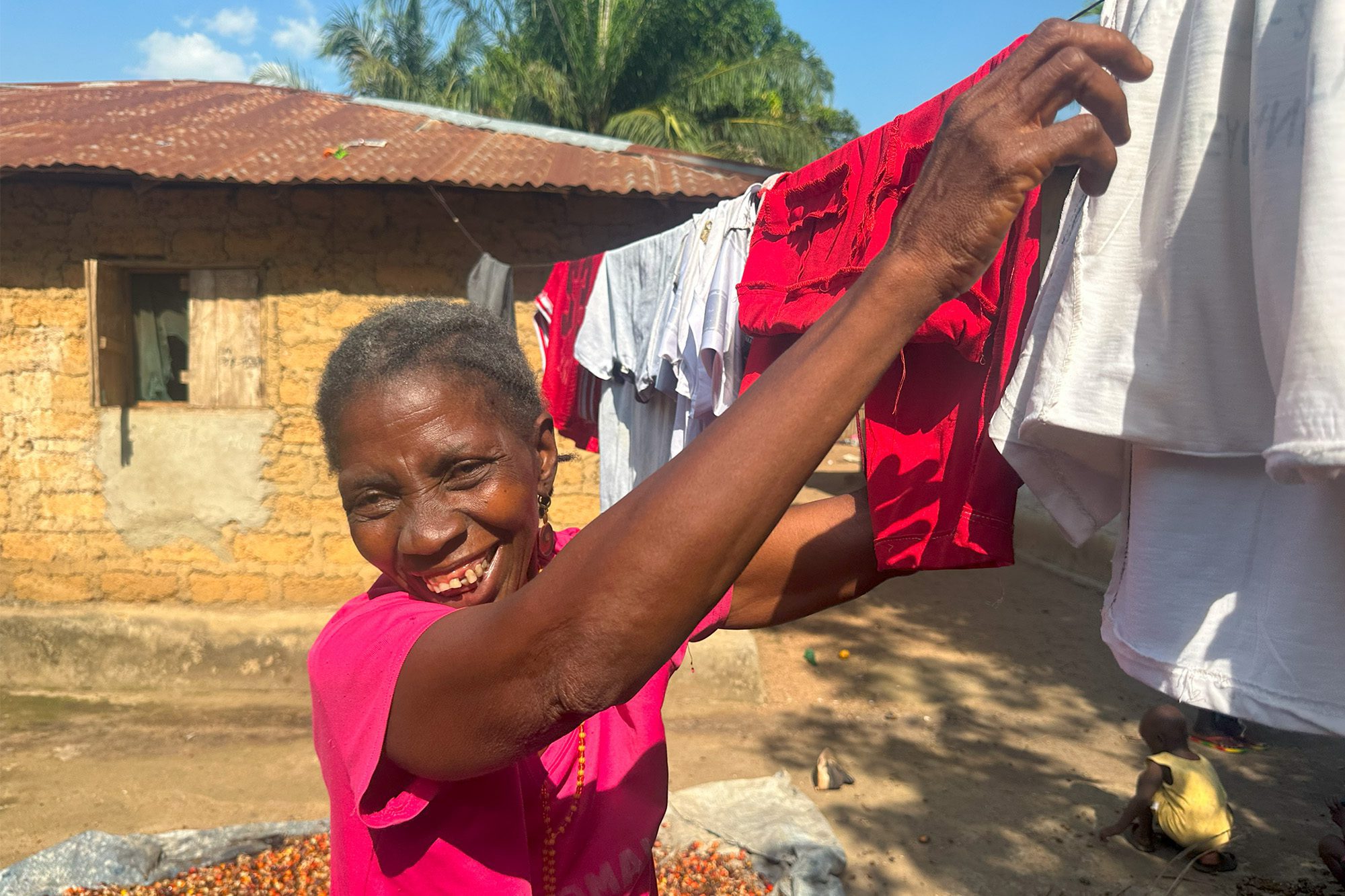

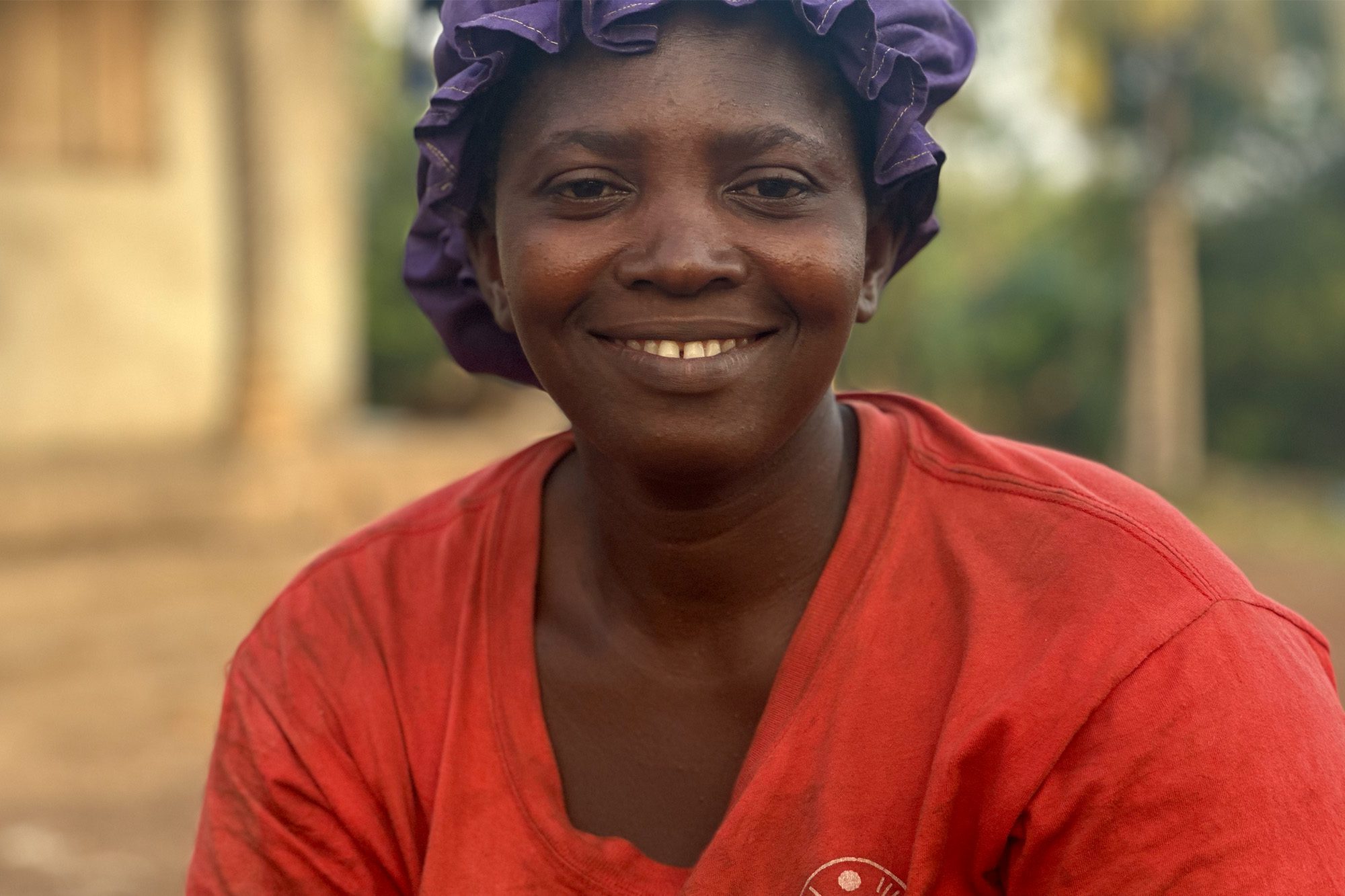
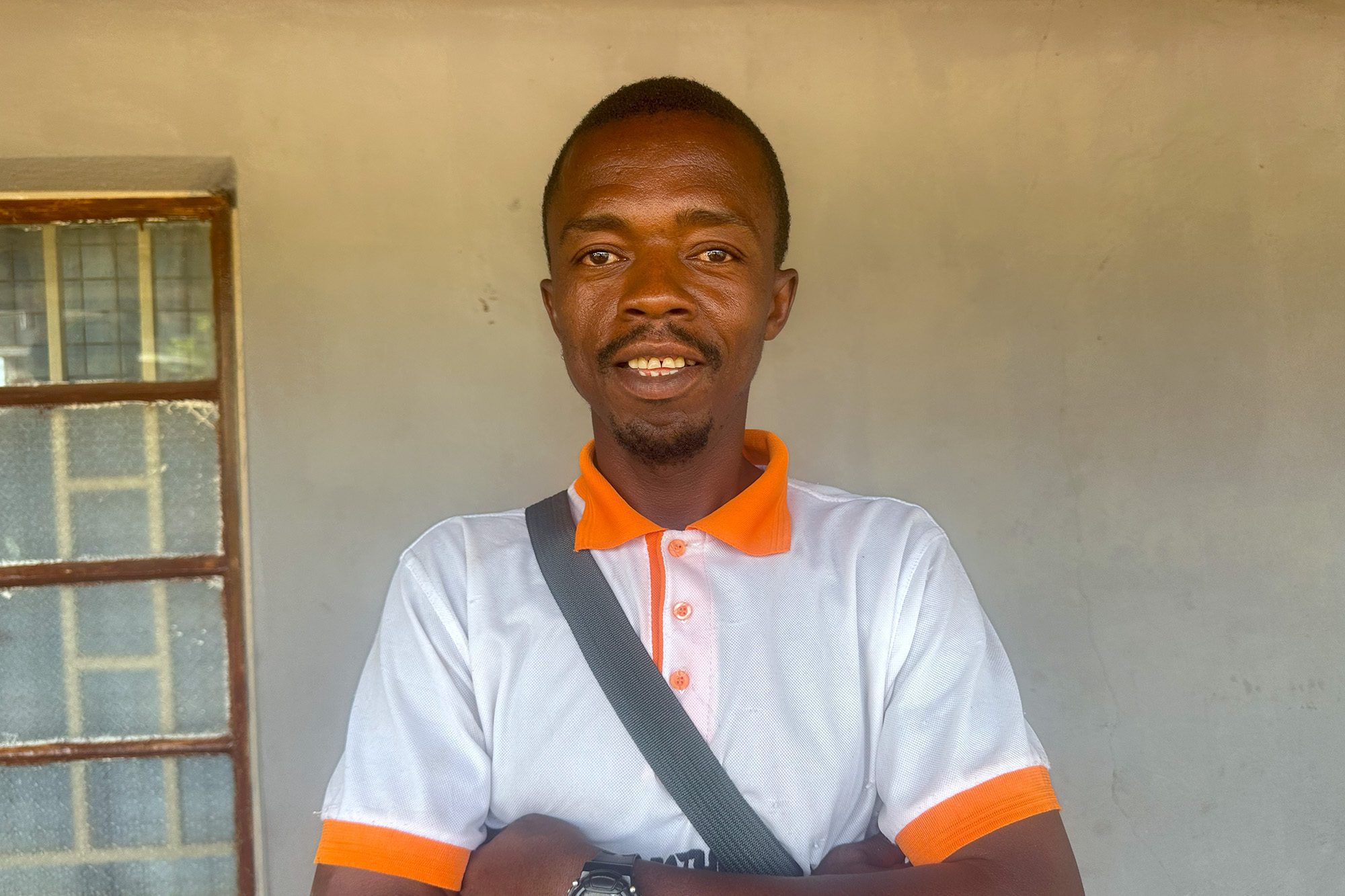

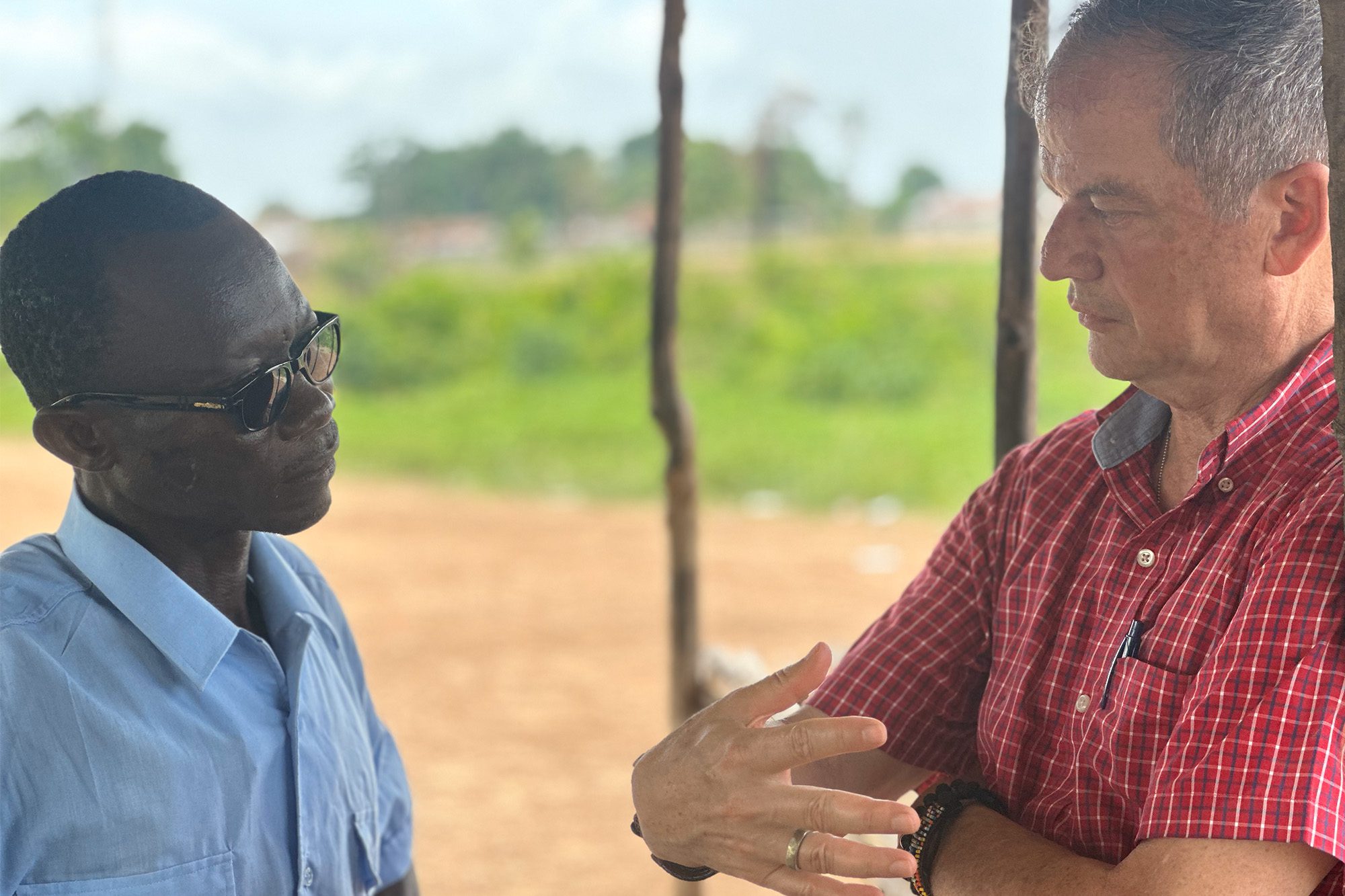
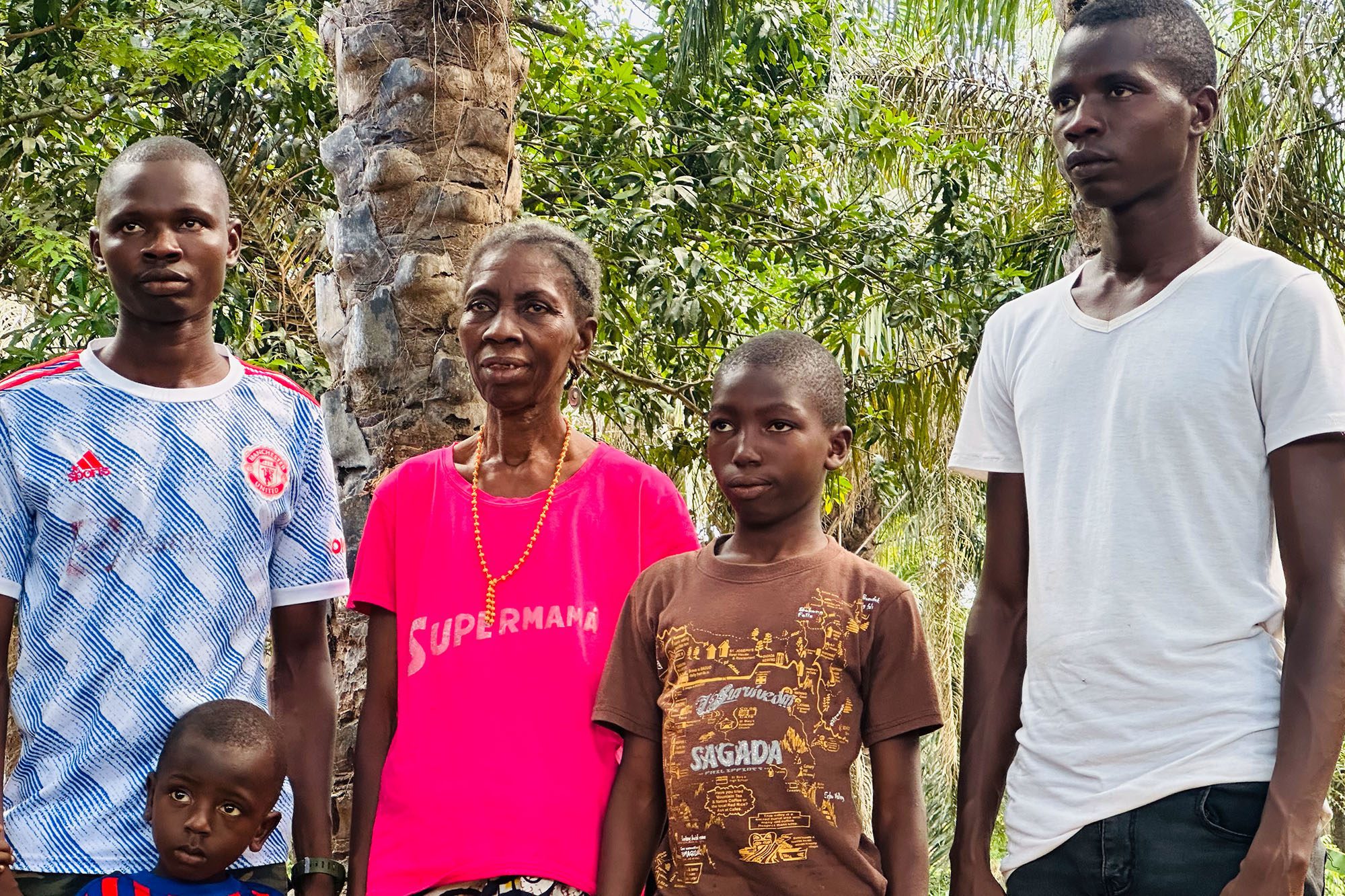
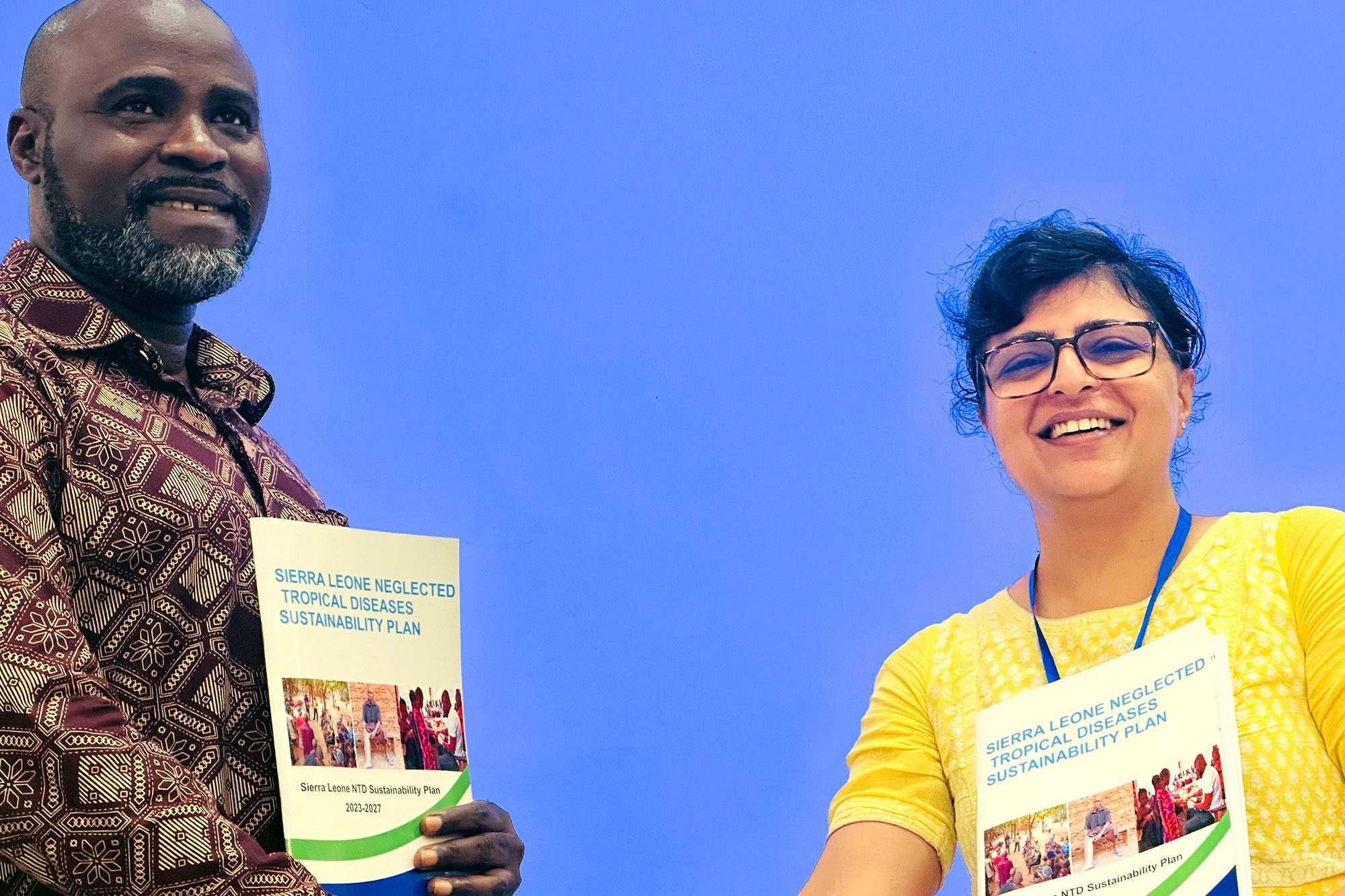
Once upon a time, lymphatic filariasis plagued the entire country of Sierra Leone. The parasite-borne neglected tropical disease, transmitted through mosquitos, causes severe swelling and painful enlargement of body parts. In Sierra Leone’s Krio language, the extreme swelling of legs is called “bigfut.”
Although it is preventable and treatable, once it reaches the stage of elephantiasis, lymphatic filariasis cannot be reversed. In addition to severely impairing someone’s quality of life and making it nearly impossible to earn a living, the disease attaches devastating social stigma to those who suffer from it.
Fast forward to today, however, and people all across this West African nation are reclaiming their futures. More than 30,000 community healthcare workers across Sierra Leone have worked tirelessly to educate people about “bigfut,” distribute medication to prevent it, ease pain for those already suffering from the disease, and stop its transmission.
This progress is made possible with the generous support of FHI 360 through USAID’s Act to End Neglected Tropical Diseases (NTDs) | West Program, The END Fund, Sierra Leone’s Ministry of Health and Sanitation, and our generous community of donors.
We were privileged to have New York Times journalist Nick Kristof join Helen Keller Chief Program Officer Shawn Baker and Communications Officer Alpha Sesay on a recent visit to Sierra Leone. Kristof has featured Helen Keller’s path to eliminating lymphatic filariasis in Sierra Leone in his column.
Photo credits:
- 1, 3-10: Alpha Sesay, Helen Keller Intl
- 2: Malin Fesehai, The New York Times









